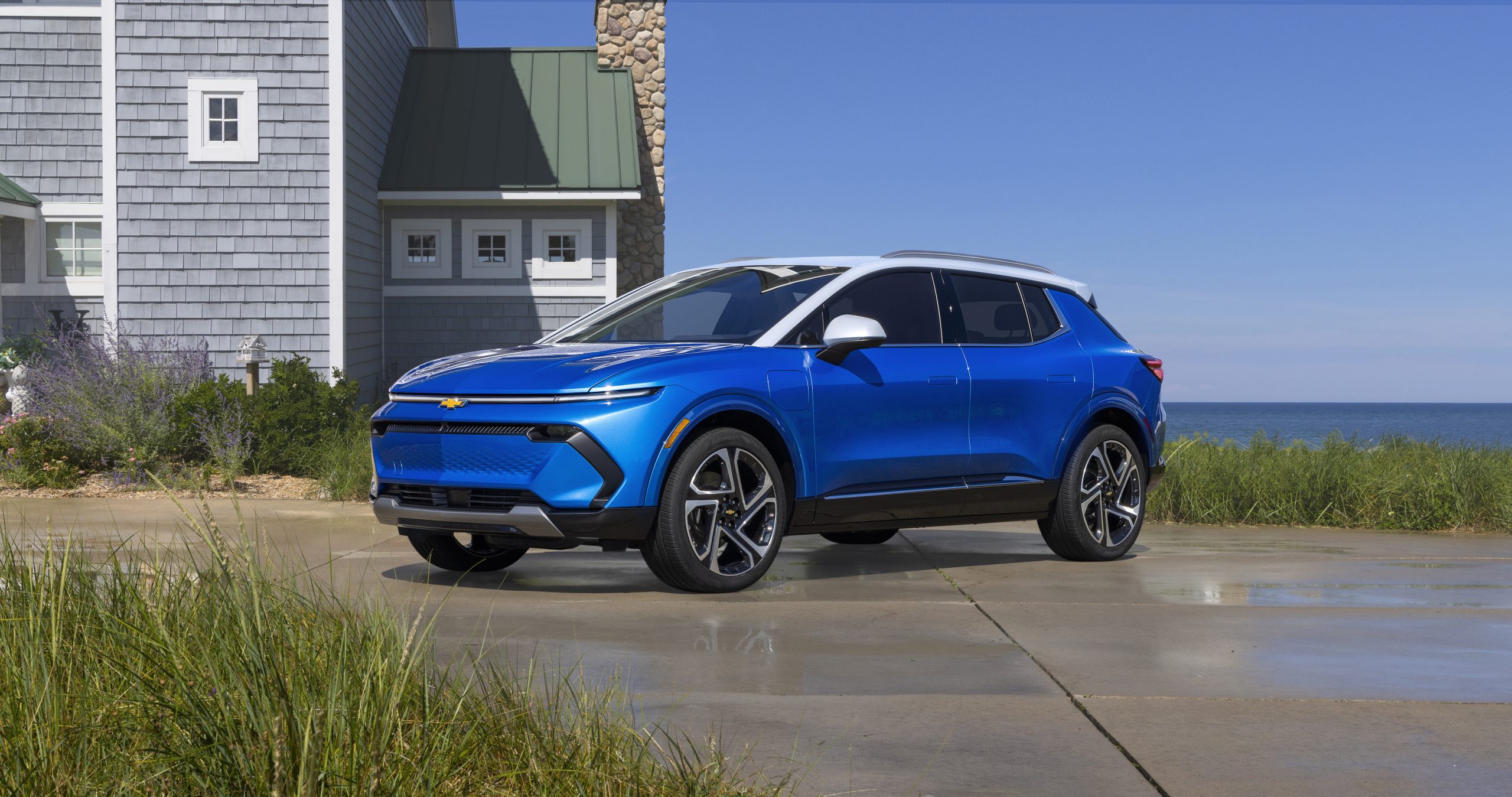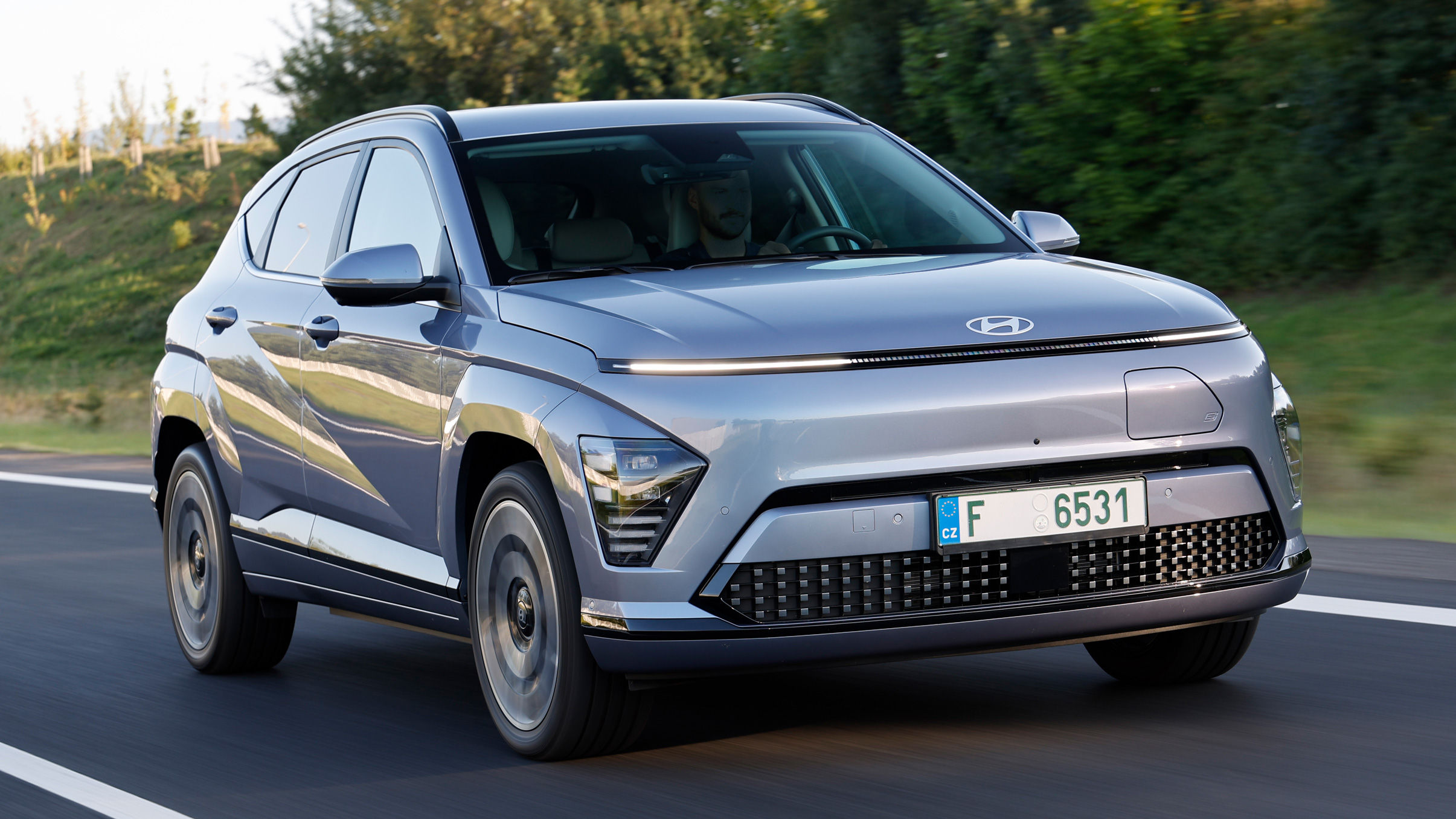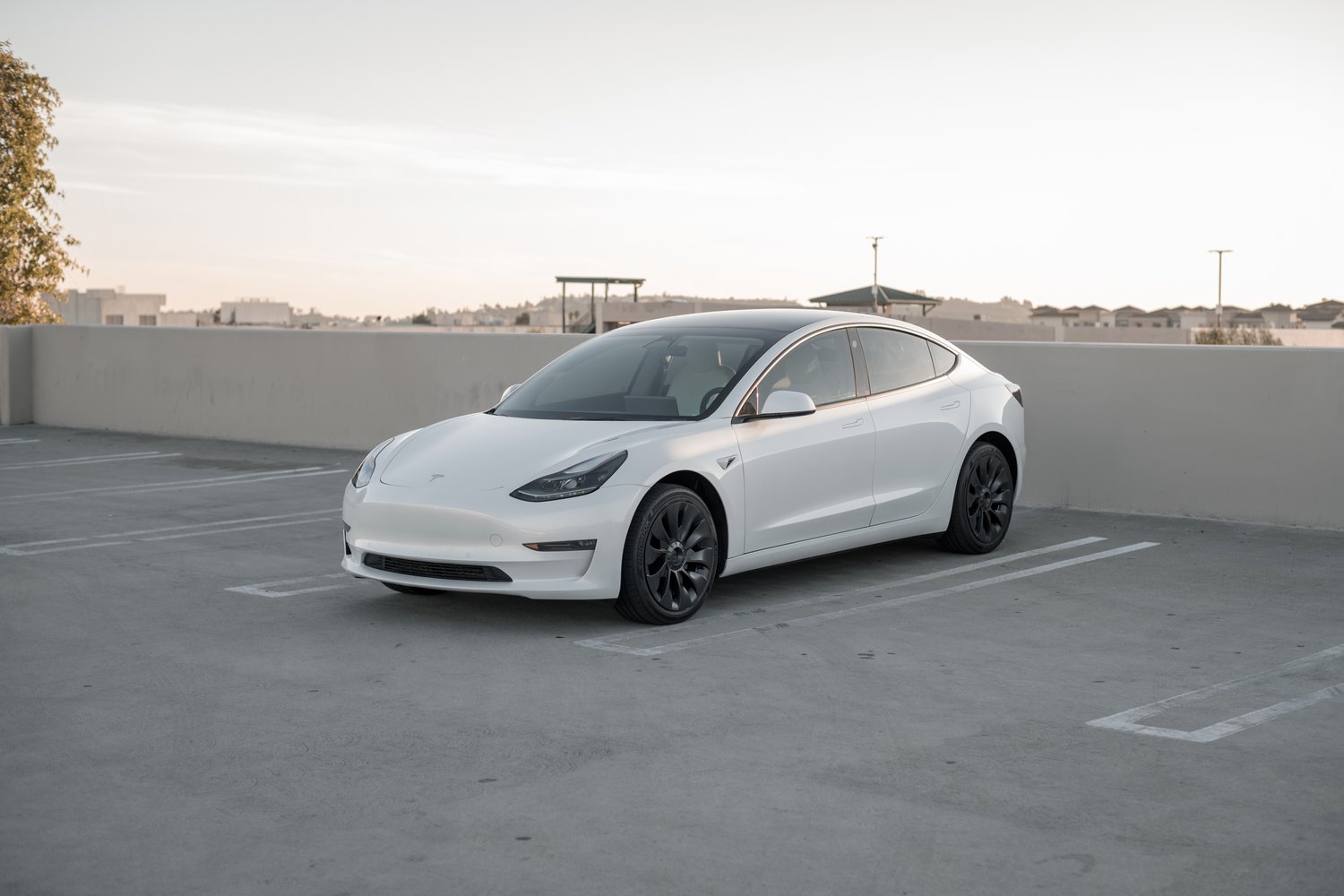Electric vehicles (EVs) are often at the center of debates about affordability, with critics highlighting their relatively high upfront costs. While it is true that EVs have yet to achieve full cost parity with combustion-engine vehicles, the situation is not as bleak as it might appear. On average, Americans spend over $48,000 on a new car, which means there is room for several viable electric options under $40,000. Prospective buyers should also consider additional factors such as hidden costs and available incentives, including the $7,500 federal tax credit. These benefits can significantly reduce the effective purchase price, making EVs more accessible than their sticker prices suggest.
Purchasing an EV under $40,000 requires balancing features and affordability. Lower-priced EVs often compromise on battery size and drivetrain capabilities, offering rear-wheel or front-wheel drive instead of all-wheel drive. Tax incentives and lease deals can ease financial concerns, especially for those seeking performance upgrades while staying under budget. Here are some top EV picks under $40,000, categorized by strengths such as range, affordability, and practicality.
Best Overall: Chevrolet Equinox EV
With a starting MSRP of $33,600 and an EPA range of 285–319 miles, the Chevrolet Equinox EV is an excellent balance of price and performance. Eligible for the full $7,500 tax credit, the Equinox EV’s effective cost can drop significantly, allowing upgrades like AWD while maintaining budget constraints. Though not the most stylish option, its range and affordability make it an outstanding choice in the under-$40,000 category.

Best Affordable: Hyundai Kona EV
The Hyundai Kona EV starts at $32,875, delivering an EPA range of 201–261 miles. While it lacks eligibility for the federal tax credit and features slower charging compared to Hyundai’s advanced platforms, it offers a sleek design and competitive pricing. Upgrading to the SEL trim enhances horsepower and range, making it an affordable yet versatile option for budget-conscious buyers.

Best Long Range: Tesla Model 3
Tesla’s Model 3 stands out with an impressive EPA range of 303–363 miles. Although its Long Range Rear-Wheel Drive trim starts at $42,490, eligibility for the $7,500 federal tax credit reduces its effective price, making it an exceptional value. For buyers prioritizing range, the Model 3 offers far superior mileage compared to more expensive alternatives.

Best for Families: Volkswagen ID.4
Starting at $39,735, the Volkswagen ID.4 is tailored for families, offering generous cargo space of up to 64.2 cubic feet and a safe, family-friendly design. Its eligibility for the full federal tax credit allows for upgrades to higher trims like the Pro RWD while staying under budget. With EPA ranges of 206–291 miles, it combines practicality and efficiency.

Best Small EV City Car: Fiat 500e
Priced at $32,500, the Fiat 500e caters to urban drivers with a compact design and an EPA range of 141 miles. Although limited in overall range and tax credit eligibility, it offers faster charging and excellent maneuverability in tight spaces. Its small footprint and practicality make it ideal for city dwellers who prioritize convenience over extended range.

For buyers exploring EV options under $40,000, these choices demonstrate a range of possibilities that cater to different priorities, from affordability and range to family-friendliness and city commuting. Tax incentives and lease deals make the transition to electric even more accessible.

